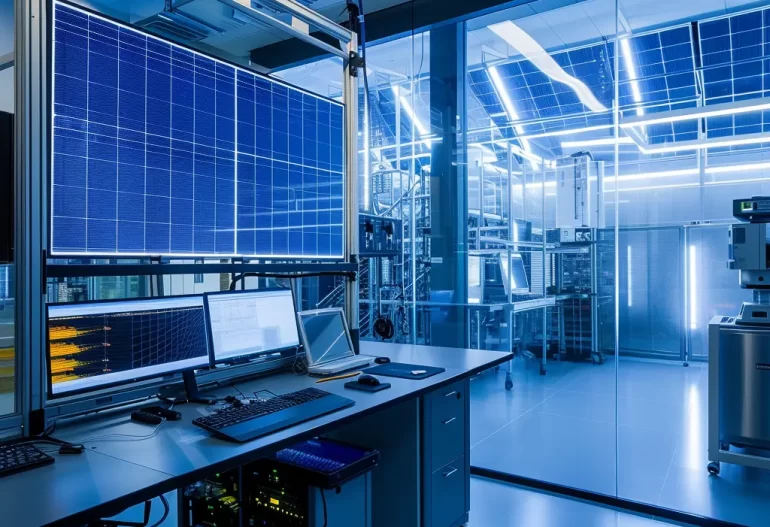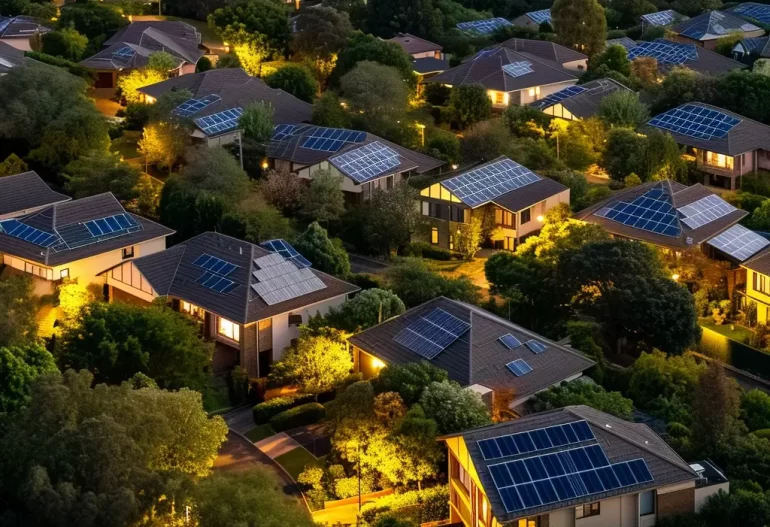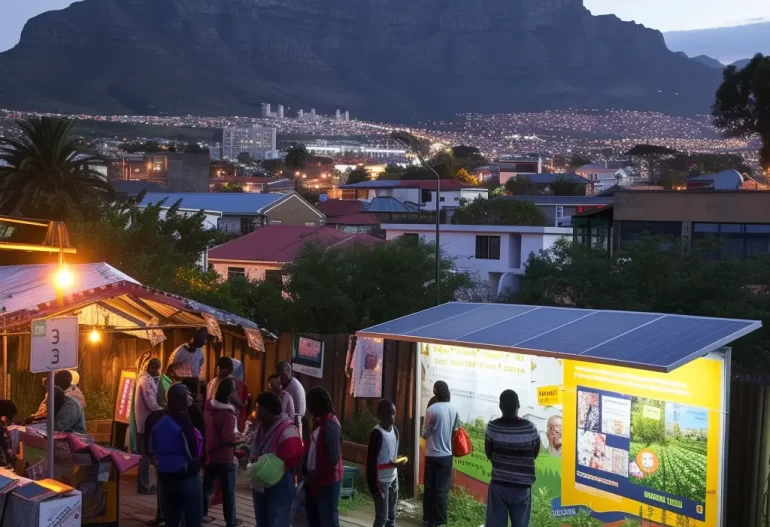What Are You Looking For?
Frequently Asked Questions
Grid-tied systems connect to the public electricity grid and can feed excess energy back for credits. Off-grid systems are completely independent of the grid, relying solely on solar panels and batteries for power. Hybrid systems combine the best of both, connecting to the grid but also including batteries for energy storage and use during outages.
The size of your solar system depends on several factors, including your energy consumption patterns, the physical space available for installing panels, and your energy independence goals. Limitless Energy offers personalized assessments to determine the most efficient and cost-effective system size for your specific needs.
Yes, existing solar systems can often be upgraded to include battery storage or be converted into a hybrid system. This involves adding batteries and possibly a more advanced inverter to manage the energy flow. Our team can evaluate your current setup and recommend the best upgrade path.
Solar panels require sunlight to generate electricity, so their output is reduced on cloudy days and they do not produce energy at night. However, with a battery backup or hybrid system, stored energy from sunny periods can be used during these times to ensure a continuous power supply.
Solar panel systems require minimal maintenance. Periodic cleaning to remove dust, leaves, or snow and an annual check to ensure all components are functioning correctly is generally sufficient. Limitless Energy offers maintenance services to keep your system operating at peak efficiency.
High-quality solar panels can last 25-30 years or more, while modern solar batteries typically have a lifespan of 10-15 years, depending on their type and usage. Limitless Energy provides products with strong warranties to ensure long-term reliability.
Only hybrid and off-grid systems with battery storage can provide power during an outage. Grid-tied systems without batteries automatically shut down during outages for safety reasons.
Net metering allows you to feed excess solar energy back into the grid in exchange for credits, which can offset the cost of the electricity you consume from the grid when your solar system isn't producing enough energy.
For grid-tied systems, excess energy is sent back to the grid, often earning you credits through net metering. For off-grid systems without sufficient battery capacity, excess energy is not utilized and essentially goes to waste unless additional storage or usage solutions are implemented.
In South Africa, individuals can take advantage of a tax rebate announced in the 2023 budget speech, allowing them to deduct 25% of the cost of new, unused solar panels, up to R15,000 per person, from their income tax liability. This rebate is applicable for the 2023/2024 tax year and is focused on the acquisition of solar panels, excluding installation costs, batteries, and inverters. For businesses, the section 12B deduction permits a 125% deduction of the cost of new renewable energy installations from taxable income, valid from 1 March 2023 to 28 February 2025, to encourage investment in renewable energy.
Sustainable, reliable & affordable energy systems,
Find Your Solution
Energize Society With Sustainable And Reliable Energy Systems!
In recent years, new capacity across the solar value chain become necessary to support the PV market’s growth. However, the capital required to establish and scale-up wafer, solar cell and solar module manufacturing facilities.
Save Money
Save money on utilities or increase the value of your home by installing solar panels as a great option.
5 Star Customer Service
Understand that we must go above our customer expectations during each interaction always.
21 January 2024
Augusta
The solar energy sector is witnessing an exhilarating phase of innovation, with groundbreaking advancements in solar panel technology reshaping the landscape. As we stride into...
9 January 2024
Augusta
South Africa’s renewable energy landscape is undergoing a transformative shift, propelling the nation towards a more sustainable and resilient future. Amidst global calls for climate...
3 January 2024
Augusta
South Africa’s energy landscape has faced unprecedented challenges in recent years, with 2023 marking a significant uptick in load shedding incidences. The country has witnessed...
Quick Contact
If you have any questions or need help, feel free to contact with our team.
69 Serena Rd, Croydon, Kempton Park, 1619
©2024 Limitless Energy, All Rights Reserved. With Love by Elementary



